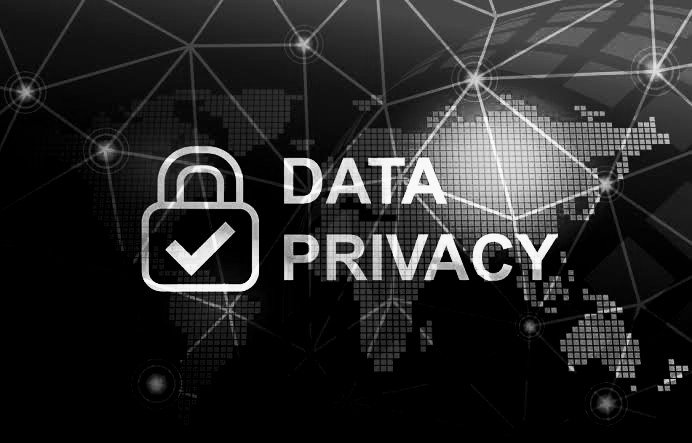The centralization crisis threatens data privacy

The centralization crisis threatens data privacy by concentrating vast amounts of personal and sensitive data within a small number of centralized systems, making these systems vulnerable to security breaches, unauthorized surveillance, and abuse by both corporate and governmental actors.
Centralized data storage creates single points of failure, which can be exploited by hackers or malicious insiders, as seen in notable incidents which compromised millions of individuals' data.
This centralization also facilitates mass surveillance and reduces individual control over personal data, raising serious privacy and accountability concerns.
Key points on why centralization threatens data privacy:
Single points of failure: Centralized systems store all data in one place, making them attractive and lucrative targets for cyberattacks. When compromised, massive amounts of data can be exposed or disrupted, threatening privacy on a large scale.
Surveillance risk: Centralized control enables easier monitoring and analysis of users' behavior, often without consent, resulting in invasions of privacy and erosion of trust in institutions.
Institutional power concentration: Power over data increasingly resides in a few corporations and government entities, creating risks of misuse and lack of transparency. This consolidation has been growing over decades and is seen as a threat to democratic values and individual autonomy.
Emerging technology risks: Advances like AI and quantum computing exacerbate vulnerabilities in centralized systems—AI enables extensive data processing capabilities for potential surveillance, while quantum computing threatens to break current encryption methods protecting data.
Digital consolidation: The dominance of a few hyperscalers in cloud computing and AI heightens systemic risks to privacy and security, as large-scale breaches become more consequential in a connected ecosystem.
Experts and industry voices emphasize the need for decentralized technologies, such as blockchain and quantum-resistant algorithms, as potential solutions to mitigate these risks by distributing control and improving resilience against attacks and abuse.
The current crisis demands urgent attention to privacy protections, transparency, and the establishment of democratic safeguards in digital infrastructure to protect individuals’ data rights in an increasingly centralized digital world.
It's me, @justmythoughts, an ordinary Hive user looking to make the most of the platform. I will appreciate your support. Follow me for more. Thanks, Gracias :)
Posted Using INLEO
https://www.reddit.com/r/btc/comments/1ma10d5/the_centralization_crisis_threatens_data_privacy/
https://www.reddit.com/r/cybersecurity/comments/1ma1v34/the_centralization_crisis_threatens_data_privacy/
This post has been shared on Reddit by @justmythoughts, @davideownzall through the HivePosh initiative.